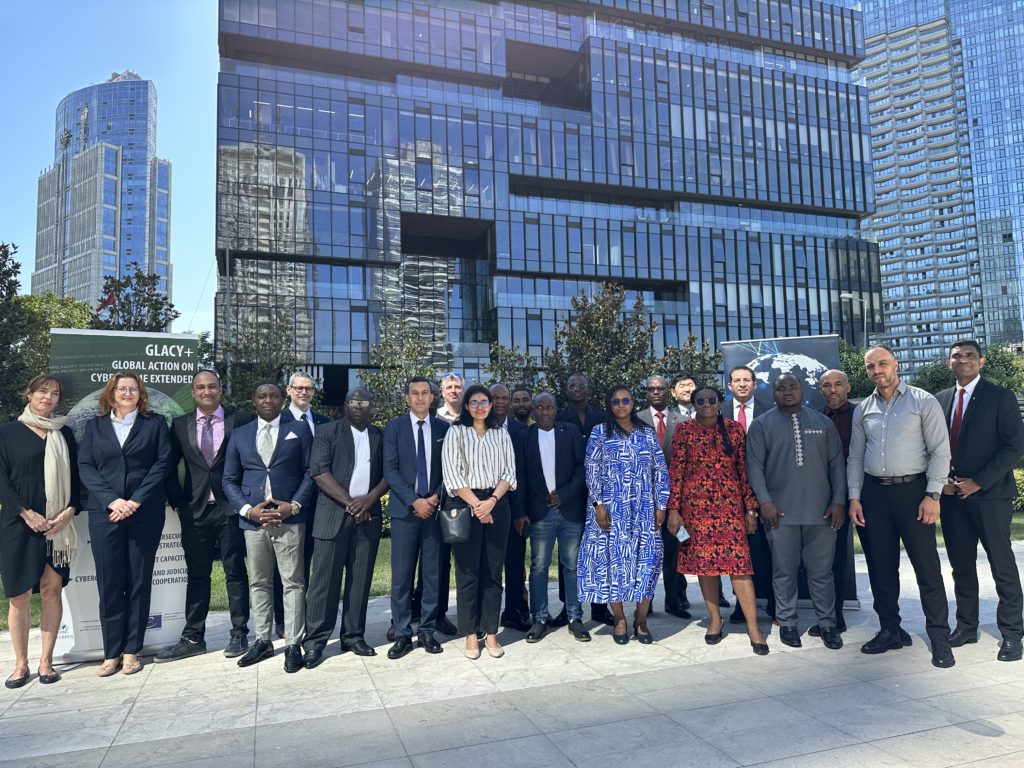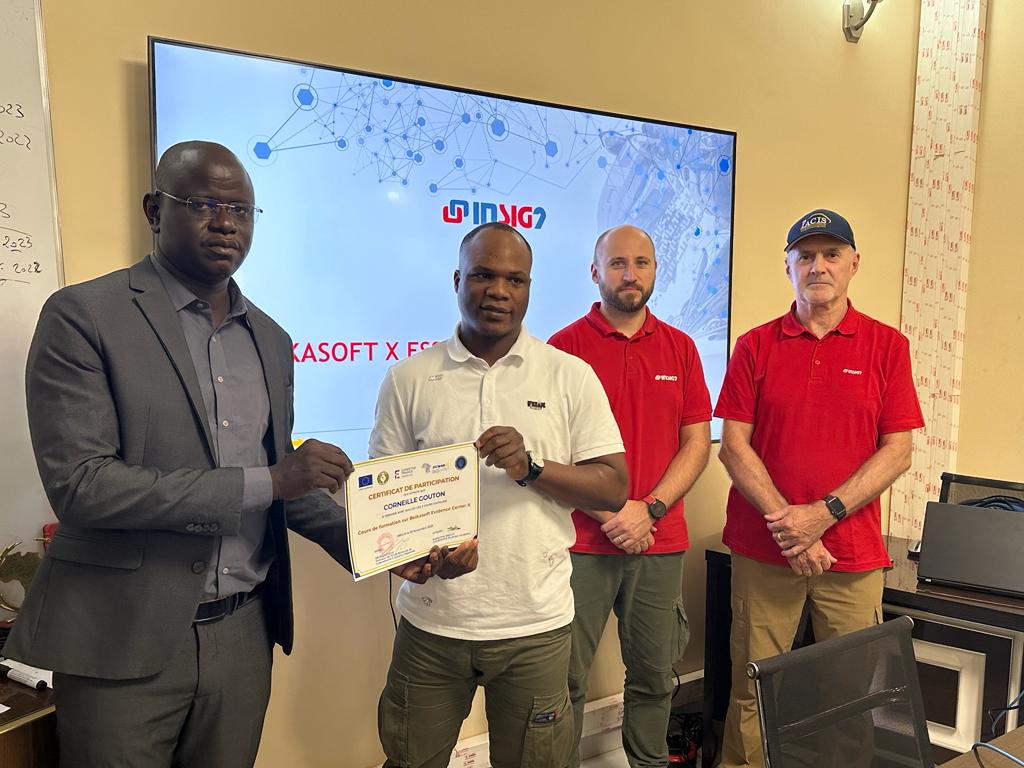Istanbul, Türkiye
11-22th September 2023
As the use and reliance on information technology becomes more widespread, the targeting and exploitation of computer systems has become increasingly common. Crimes involving electronic evidence are increasingly numerous and sophisticated. Electronic evidence is no longer the domain of a small number of law enforcement technicians. Law enforcement officers are obliged to collect, process and analyse electronic evidence.
Many authorities are facing a shortage of these skills and have undertaken efforts to develop and implement capacity building programmes. This is essential to have a lasting impact.
INTERPOL recommends that law enforcement adopt both top-down and bottom-up approaches. At the top, a national law enforcement training strategy must be available to serve all stakeholders. At the grassroots, training institutions must have a pool of certified trainers who will design, develop and deliver courses to officers on the relevant topics.
There are several resources available to national authorities. For starters, INTERPOL and the Council of Europe published the Guide for the Development of Law Enforcement Training Strategies on Cybercrime and Electronic Evidence in March 2022 to facilitate the above approach.
The INTERPOL Instructor Development Course (IDC) is a practical, competency-based course designed to certify experts capable of designing and delivering courses. The European Cybercrime Education and Training Group (EC-TEG) provides pre-defined training materials that can be adopted by national law enforcement training institutions.
The National Electronic Evidence First Responder Training Workshop was held jointly by INTERPOL, GLACY+ and OCWAR-C from 11 to 22 September 2023 in Istanbul.






